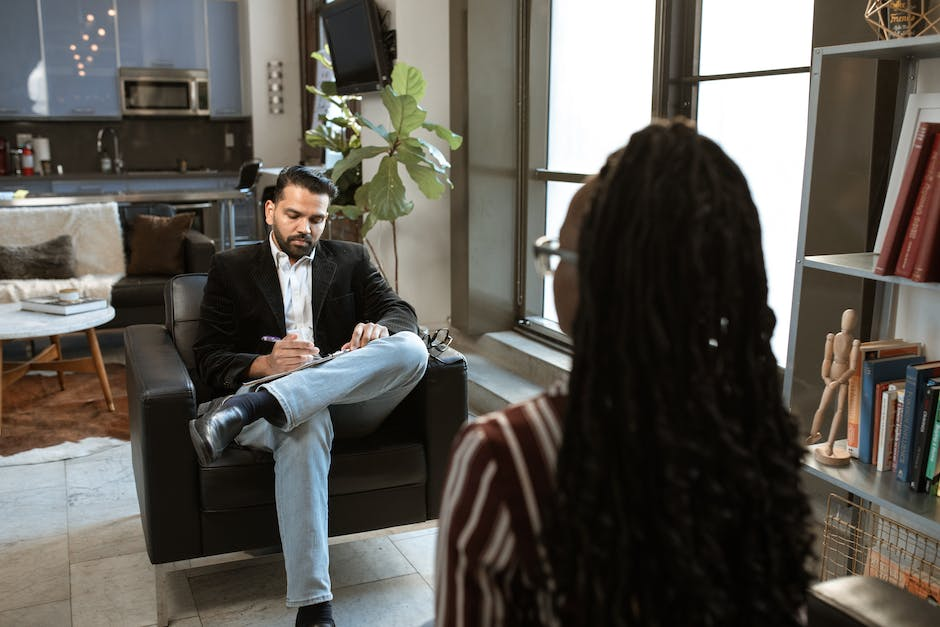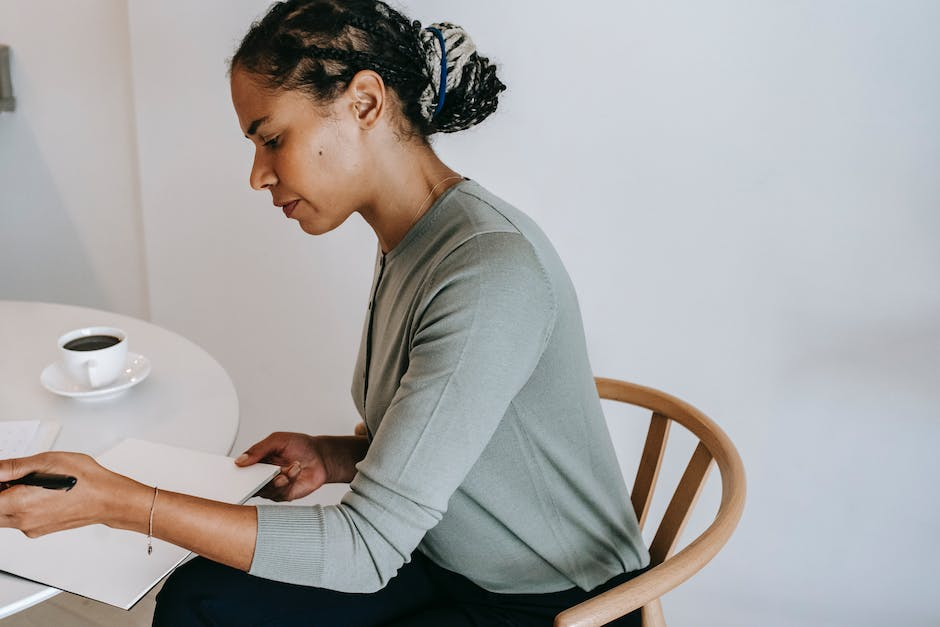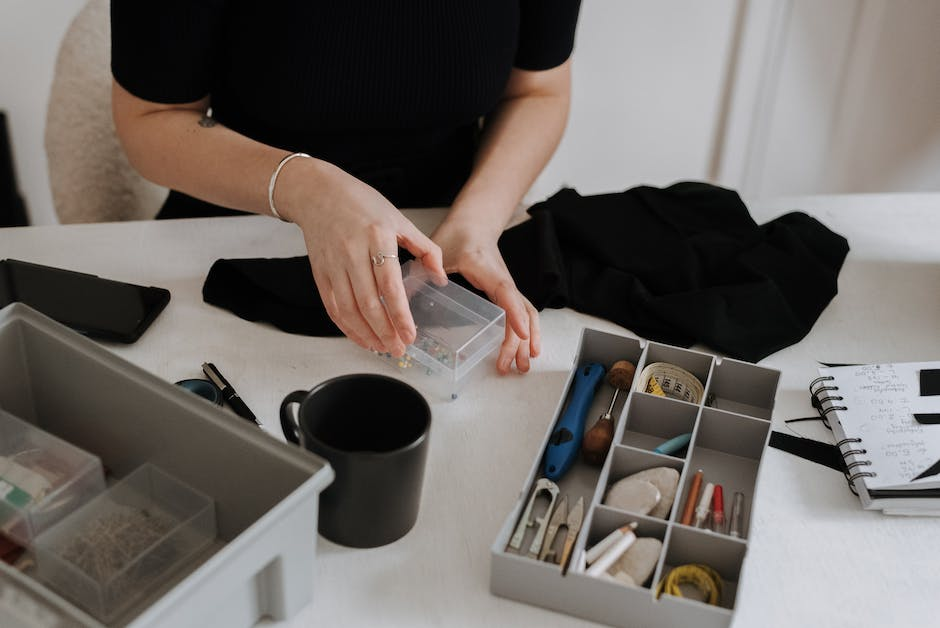Interviewing is a key part of the job hunting process. A interview is when you meet someone new and/or what your potential new employer to get to know you and you to get to know them and the position.
Interviewing is a hard skill to master, however. It takes knowledge, confidence, and skills to do it well. You can always ask the interviewer questions- that is one of the main things you can do to make an interview go well!
There are several ways to interview well. One way is by asking the right questions. An interviewer should not be nervous or feel like they are on the spot, so if you ask them questions, then they will feel more comfortable.
Another way is by presenting yourself well- whether that be through your appearance, your personality, or your speech.
It depends on the number of candidates

As a candidate, you should be prepared to answer between five and ten questions. As an interviewee, you should have a few questions of your own prepared.
As an interviewee, you have the right to ask two questions. These can be about the company, the position, or benefits. You can also ask for recommendations or referrals.
Interviewers like when candidates ask them questions because it shows interest in the job and in their area of expertise. It can also help draw out more information about the job and company.
As a candidate, you should try to get some information about the job and company before the interview so that you can ask appropriate questions. As an interviewer, I like when candidates ask me questions because it shows they are interested in the job and want more information before making a decision.
Pre-interview research can be done via online searches, asking friends and family who have worked there, or talking with other professionals who have worked with them.
Answer this question yourself

How do you know when an interview is over? When you’re exhausted, the interviewer is exhausted, and you both know everything about each other.
Interviewers typically ask between five and seven questions per interview, depending on the length of the interview. The average interview length is around thirty minutes, so this averages out to about five questions per hour.
It’s a good gauge to know when the interview is ending when you both have asked all of the questions you wanted to ask and have answered all of the questions asked of you. At that point, you are both satisfied and exhausted!
Many people don’t realize how many questions they are asked during an interview. Since most people prepare questions prior to the interview, they don’t think about how many they answer. But there are usually at least two interviews per job opening, which means there are at least two opportunities to be asked questions.
How many questions do employers ask during interviews? We conducted a survey asking employers this very question. Read on to see how many questions employers typically ask during interviews.
There is no set number of questions

As mentioned before, there are no formal guidelines for the number of questions you should ask in an interview. Once again, asking too many questions may give the impression that you are not interested in what the interviewee has to say.
However, asking few questions may make you look like you are not very interested in the position. It may also make it seem like you do not care about what the company does or its goals.
The middle ground is to ask enough questions to show interest in the position and the company, but not so many that it looks like you are doing more research into the job than actually interviewing for it.
There is a fine line between those two and it is up to you to find that line for yourself.
Some examples include:

Asking about the company and how the interviewee knows about the company is a nice way to start an interview. It shows you did some research and are interested in the company.
Asking about the position and what the company offers is another good question to ask at the beginning. This sets a baseline for how much you should learn about the job and company before asking any questions.
Asking if there are any questions you have for them can’t be answered with a simple yes or no. This opens up the interviewee to ask any question they want, which can make for a better interaction.
Interviewers tend to feel pressure when asked this question, however. Because they don’t know if you’re going to ask a good question, they may not allow themselves to feel comfortable until they do.
There’s no standard number of questions that must be asked during an interview, but asking at least one (effective) question is important.
Does the candidate have any questions for me?
As the interviewer, you have the control over how long the interview takes. You can ask as many or as few questions as you want, making it your experience.The interviewee should also feel like they have the opportunity to ask questions.
Interviewees should have a few questions ready to go. Not only does this show interest in the position, but it also gives them a chance to learn more about the job and the company.
Some questions to ask include: What do you like most about working here? What is the hardest part of working here? What are some things I could do in my first month on the job to be productive?
These are great questions that give potential employees some insight into the job and company and help them get off to a solid start. Ask these questions tactfully and honestly, and you will be giving someone a great piece of information.
Keep the conversation going
As mentioned before, interviewers like to know that you’re interested in the position, but that can be hard to show when you’re the one in the position of power.
You’re not asking questions of them, they’re asking you questions. It can feel like your role is simply to answer questions—and no one likes a monologue.
It’s easy to conclude the interview with a simple “Nice meeting you, we’ll let you know next week,” and leave it at that. But if you want the job, and you want to make a good impression, there are a few things you can do.
Ask if there is any additional information they would like before you leave. If they say no, ask if there is anything YOU can do to help YOU achieve YOUR goals. Ask them what their top three priorities are for this position and how they plan on achieving those goals. Ask them what challenges they think this position will face and how they plan on overcoming them.
Communicate your interest in the position

Asking questions during an interview shows that you are interested in the position, the company, and the people you would be working with.
Asking questions also helps you to learn more about the job and what the company needs. It also shows your potential employer that you are thoughtful and interested in their company.
Interviewers like when interviewees ask questions because it shows they are interested in the position and company. It also brings some light to things they might not have covered in depth during the interview.
It is okay if you do not know any questions to ask at this point, there are some last minute questions that you can ask at the end of the interview to bring some more insight.
At the end of the interview, ask if there is time for one more question. If so, ask a generic question that could be answered with a yes or no or a short answer.
Watch for non-verbal cues
While questions about past job performance are important, you also need to pay attention to the questions that determine your future.
How well you negotiate your salary will depend on how well you answer the salary question. How many questions you ask in an interview will determine whether or not you have all of the information you need to make a decision.
Interviewers are watching for a variety of cues to see if a candidate is a good fit for the job and the company. One of these cues is non-verbal ones like body language and responses.
How candidates respond to questions can show an interviewer if they are confident, interested, and knowledgable. An interviewer may even try to catch someone off guard with a difficult question to see how they respond.
Watching for signs of nervousness and giving clear, concise answers is important in an interview setting.
